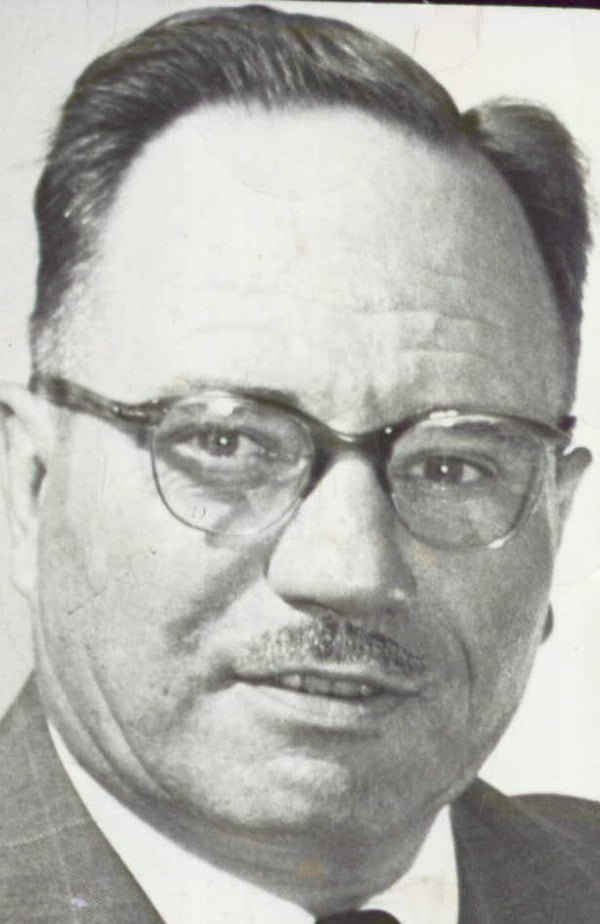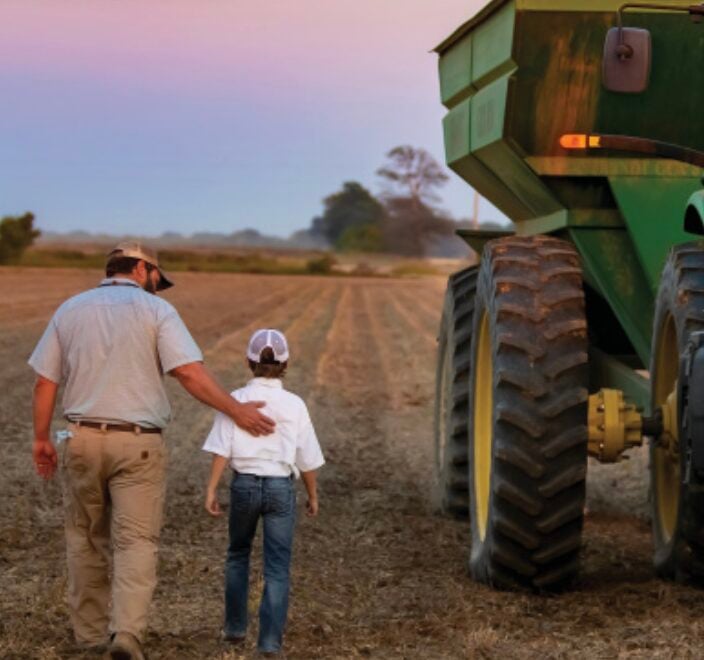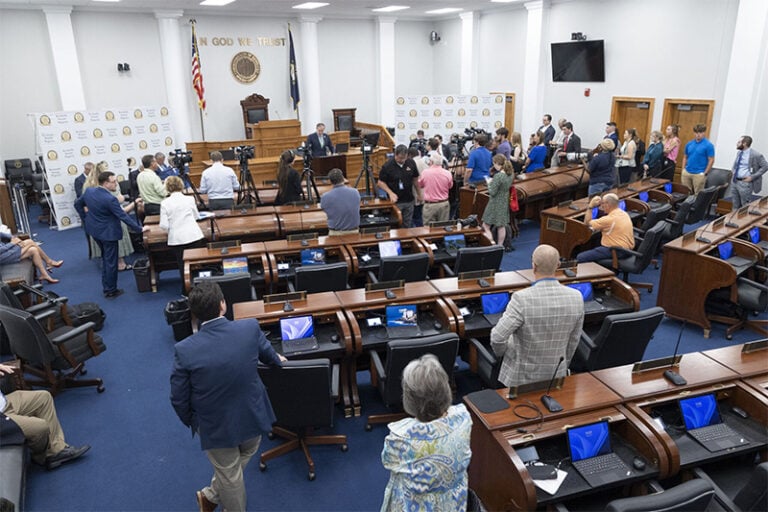By Terry Boehmker
NKyTribune sports reporters
Last season, football players at Gallaudet University in Washington D.C. wore jerseys with five images of hands spelling the team mascot — B-I-S-O-N — in sign language across the front.
Sign language is the prevalent form of communication at Gallaudet, the nation’s first university to offer higher education for deaf and hard-of-hearing students, and the football jerseys celebrate that legacy.

One of the players who proudly wore the unique jersey last season was Dixie Heights graduate Brayden Stewart, a 6-foot-1, 270-pound offensive guard for the Bison.
On Tuesday, he and his teammates will be on campus when the historic university recognizes National American Sign Language Day.
Stewart was born deaf and said he started learning basic sign language when he was five or six years old. He thought he had it mastered until he went off to college.
“Once I went to Gallaudet, I learned that there was a completely different grammar structure to the sign language there,” he said. “That really made it a little bit more challenging in a way. But after one semester I got used to it since I’d been interacting with my peers and the football team.”
Stewart is able to hear because of cochlear implant surgery he had as a child. Devices worn on both of his ears transform sound waves into digital signals. Implants beneath his skin turn those signals into electric impulses that stimulate cochlear nerves to create the sense of hearing.

That surgery enabled him to attend public school with other kids in his neighborhood and participate in sports. The sport he liked best was football, but the physical contact involved made coaches reluctant to play him because of his hearing devices.
“There was some hesitation about me being on the (football) field in high school,” he said. “But I proved myself in practice and became a starter my senior year and got a couple (college) offers.”
Dixie Heights head football coach Patrick Burke was glad that college recruiters showed an interest in Stewart despite his hearing problems.
There were times when the devices he wore on his ears would be jostled and fail during games, but he never wanted to come off the field.
“He was a hard worker, 100 percent dedicated to the team and never made excuses,” Burke said. “He was, and still is, relentless in his pursuit to be the best version of himself.”
The coaches at Gallaudet received a video that Stewart and his father, William, put together during his senior season at Dixie Heights and invited him to join their team that competes on the NCAA Division III level.
Stewart didn’t see a lot of playing time as a freshman. This past season, however, he was second on the depth chart at the left guard position and saw action in five games for the Bison, who finished with a 5-6 record.

“I started in two of them and got to play a majority (of time) in the other three,” he said. “It was a shock to me because we have an amazing upperclassman (John Scarboro) who is a great role model. I was lucky to be under his wing and be able to play in those games.”
Scarboro played in 36 games over the last four years and won’t be eligible next season. That means Stewart will be the top contender for the starting left guard position if he decides to stay.
Galladuet’s head coach and offensive line coach are both leaving the program. That’s why Stewart isn’t sure if he’ll be returning to the team or going to another college to study physical therapy.
“It would be hard to give up football. I think I’ve been playing for like 10 years now,” Stewart said. “I wouldn’t be the person I am today without football and with all the major role models who led me through my football career and my academic career as well.”
Gallaudet started a football team for its hearing-impaired students in 1883 and later introduced the huddle to use sign language for setting up plays. This past season, the team started using another innovation that enables coaches to transmit plays to a small video screen mounted inside the face mask of each player’s helmet.
The new technology would make it easier for athletes with hearing problems to play football than it was for Stewart. He’s proud of what he has been able to accomplish.
“Without that adversity that I’ve been through, I wouldn’t have been able to build the confidence that I have now,” he said. “No matter if you’re deaf or blind or disabled in some way with any kind of impairment, it helps to push forward and try to be your best at whatever you want to become.”

















